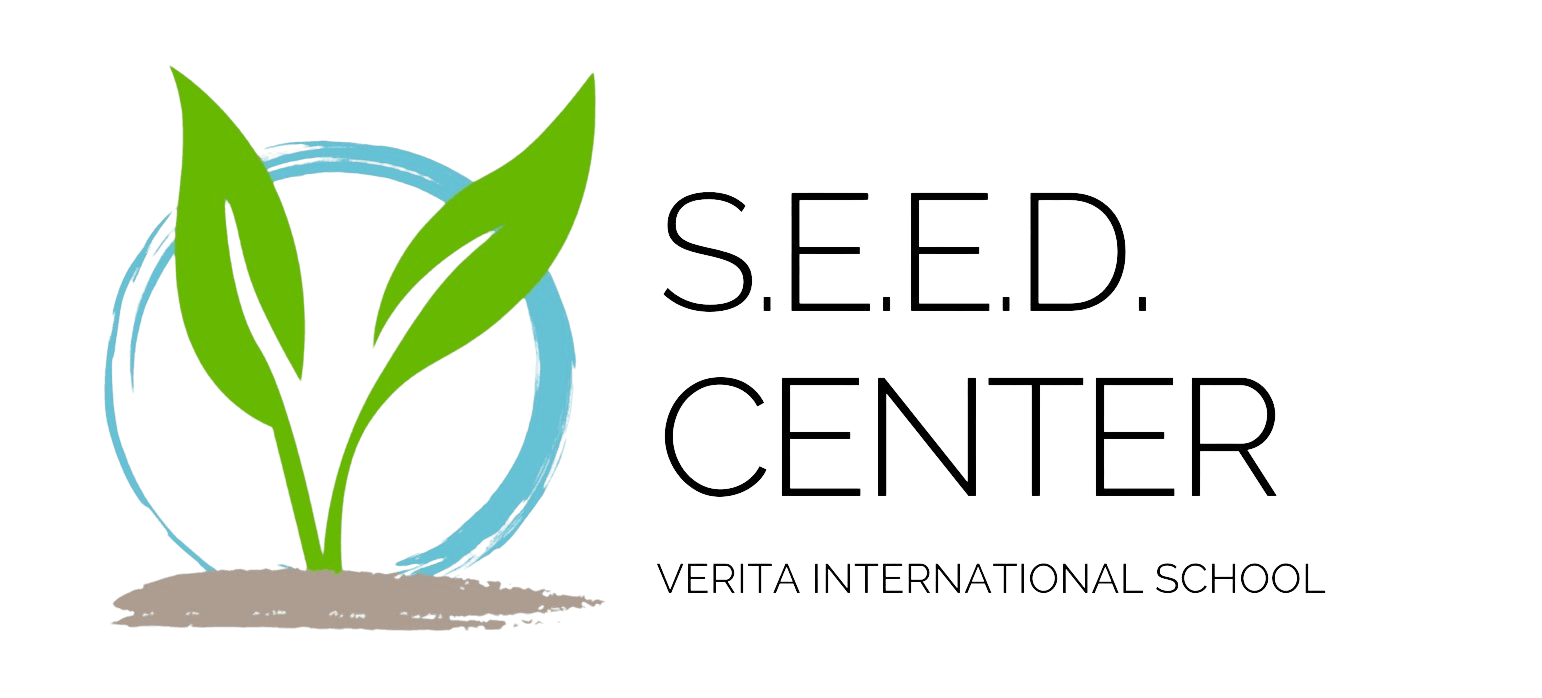Comprehensive Guide to Lifelong Learning: Why It Matters
Understanding Lifelong Learning
Lifelong learning is a continuous, self-motivated pursuit of knowledge for personal or professional development. It goes beyond formal education, encompassing a range of informal and non-formal learning experiences. In today’s rapidly changing world, the ability to adapt and learn new skills is more crucial than ever.

The Importance of Lifelong Learning
In an era defined by technological advancement and globalization, the pace at which industries evolve is unprecedented. Lifelong learning helps individuals stay relevant in their careers, ensuring they can navigate shifts in job requirements and technological innovations. Moreover, it fosters a growth mindset, encouraging curiosity and resilience.
Beyond career benefits, lifelong learning enriches personal lives. It enhances critical thinking skills, promotes social inclusion, and contributes to overall well-being. By engaging in continuous learning, individuals can cultivate a more fulfilling and balanced life.
Types of Lifelong Learning
Lifelong learning can be categorized into several types:
- Formal Learning: Structured programs like degrees or certifications from educational institutions.
- Informal Learning: Learning that occurs through daily activities and experiences.
- Non-Formal Learning: Organized learning outside formal institutions, such as workshops or online courses.

Strategies for Lifelong Learning
Embracing lifelong learning requires intentional strategies. Here are some effective methods:
- Set Clear Goals: Identify what you wish to learn and why. Setting specific goals provides direction and motivation.
- Create a Learning Plan: Outline a schedule or plan that incorporates different learning activities.
- Leverage Technology: Utilize online resources, courses, and apps that facilitate learning at your own pace.
Overcoming Barriers to Learning
Lifelong learning can be hindered by several barriers, including time constraints, financial limitations, and lack of access to resources. To overcome these challenges, it’s essential to prioritize learning within your schedule and seek affordable or free learning options, such as open online courses or community workshops.

The Future of Lifelong Learning
The future of lifelong learning is promising, with technology playing a pivotal role. Virtual reality, artificial intelligence, and personalized learning platforms are reshaping how individuals acquire knowledge. These innovations make learning more accessible, engaging, and tailored to individual needs.
Moreover, workplaces are increasingly recognizing the value of lifelong learning by fostering environments that support continuous professional development. Encouraging employees to learn new skills not only benefits organizations but also contributes to employee satisfaction and retention.
Conclusion
Lifelong learning is not just an educational trend but a necessity in today’s fast-paced world. It empowers individuals to remain relevant in their careers, enhances personal growth, and contributes to societal progress. By embracing a lifelong learning mindset, you can unlock new opportunities and achieve personal fulfillment throughout your life.
